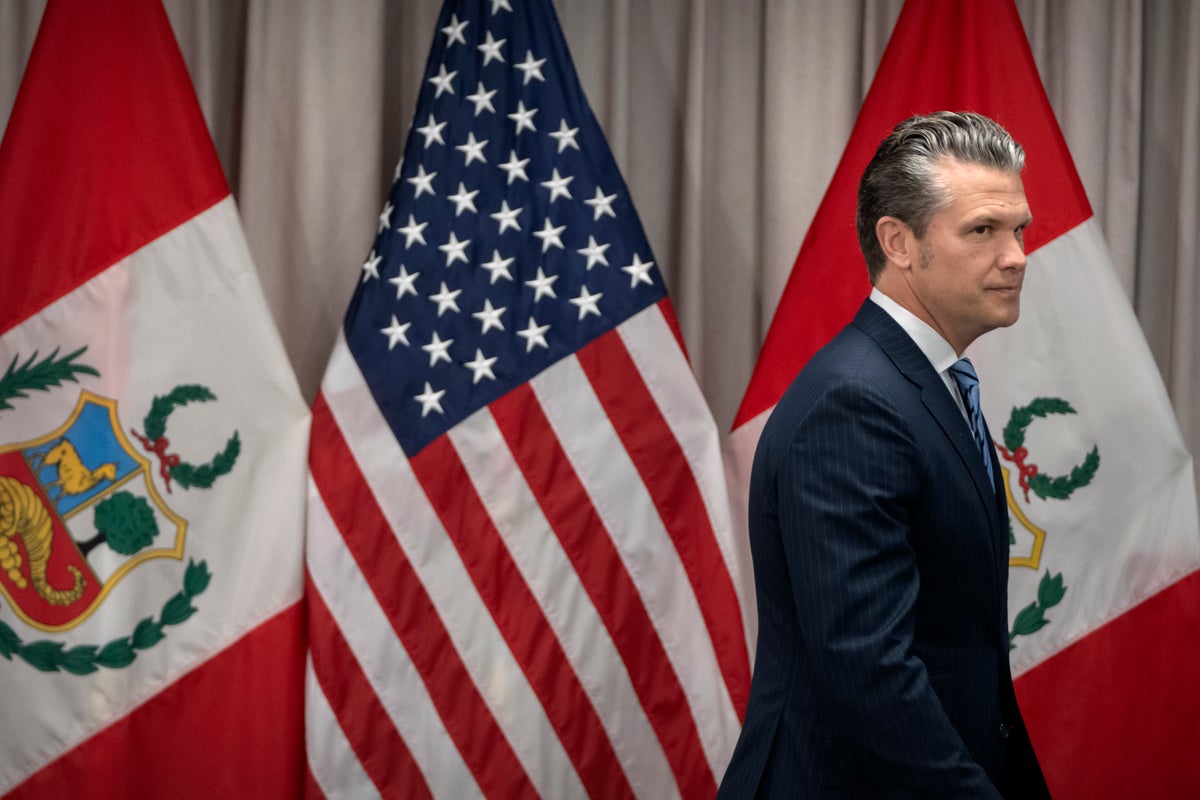Britain’s care crisis, so often debated, yet so little acted upon, is driven by demographics.
An ageing population that lives longer, but often in poorer health, will place ever-greater demands on the care system, and thus social care providers, usually funded by local authorities.
As the recent round of elections should remind us, rising adult social care costs and underfunding by central government are among the major factors in the financial instability of many councils, which have a statutory duty to look after older and more vulnerable people.
There is little that any government can do about the birth rate, family sizes or life expectancies, but there are some things that can be done to try to put social care on a more secure basis until the elusive national consensus on reform is established.
In particular, the government is in a position to provide the staff that the sector needs simply to function.
As The Independent reports today, the sector is desperately short of staff – 100,000 unfilled vacancies – and that dire situation will deteriorate still further if plans to restrict the social care work visa are implemented.
As has long been the case in many parts of the economy, social care relies on overseas staff, at all skill levels, to look after people where they and their families can no longer do so.
Brexit has made the situation more difficult, but it was inevitable that when the free movement of labour with the European Union was ended – and with it a flexible, adaptable labour market well able to cope with shifting patterns of supply and demand – the process of staffing care homes would become much more bureaucratic and cumbersome, and that workers would arrive from outside Europe. With such rigidities have also come increased costs and persistent shortages of paid carers.
The problem stems from the policies of both the present administration and its Conservative predecessor.
Under intense political pressure to bring immigration figures down – and citing some evidence of system abuse – the government has tightened restrictions on social care visas, including a ban on close family members accompanying the visa-holder. In many cases, this has meant that relocating to the UK to work – and improve the quality of life of those they tend to – has become impossible.
It is sometimes argued that the spouses of visa-holders are in some sense a dead weight on the economy, while the reality is that many of them wish to work too – or have to – because the care work undertaken by their spouse is so badly paid and accommodation is so expensive.
The children of care workers will go to a state school, but that does not represent an excessive “burden”, given the support their parents provide to the care sector (and the NHS and other parts of the economy, for that matter).
If they settle in Britain and make it their home, then they will all make their contributions to national life, just as everyone else does. They will contribute to the national income, pay their taxes, help their neighbours, and look after the older and less healthy members of the national community.
The alternative is a reality now developing – social care providers simply unable to operate. Restricting the supply of labour pushes wages higher, and thus the bills that taxpayers have to meet.
Unless the decision is to allow older people to become destitute, or to raise taxation or impose harsher means-testing and make people with dementia sell their homes, then the country has to have a working care system – and that means people to do the often highly stressful tasks that are necessary.
The Conservative leader, Kemi Badenoch, remarked recently that the UK should not rely on overseas recruitment and that, as a personal view, people should have more babies.
Perhaps, but the crisis in care cannot wait for this baby boom to get going and its resultant progeny to enter the labour force and rescue the situation.
There are not enough British young people willing and able to take on this work, which remains so badly undervalued, and the nation is not getting any younger.
As the contribution of the Greatest Generation is recognised once again in the VE Day celebrations, and the debt the country owes to them is acknowledged, it is a moment to ask whether it is really sensible to allow a moral panic about migration to put the health and welfare of people in care in jeopardy.



